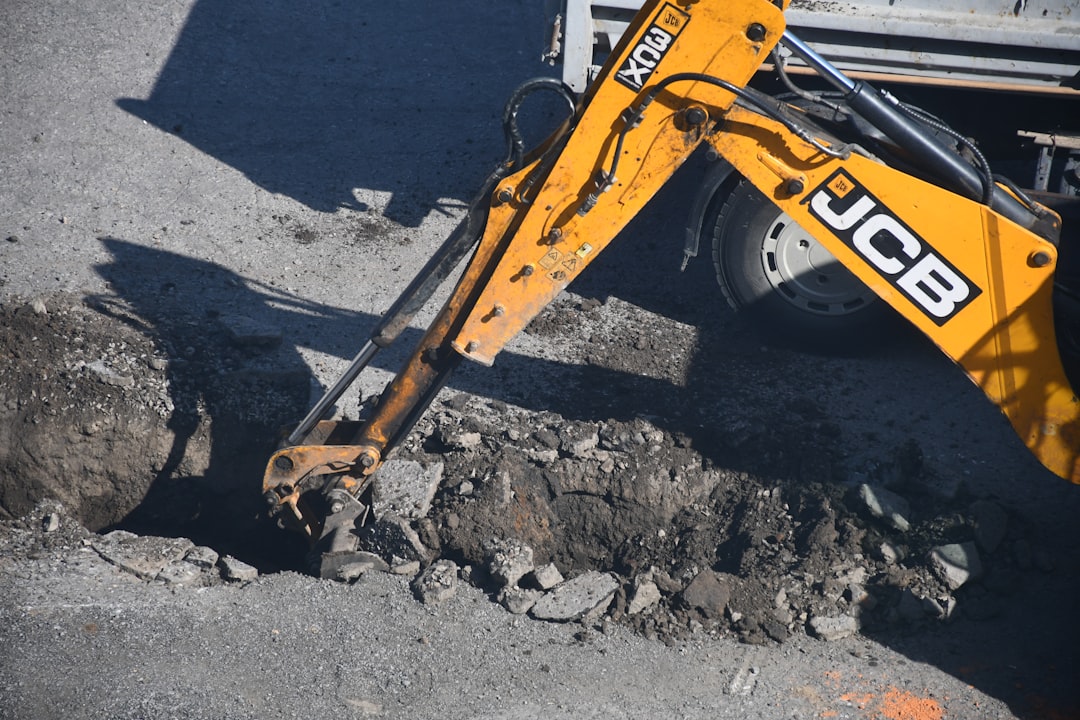Excavation Costs in Residential Construction
Price source: Costs shown are derived from our proprietary U.S. construction cost database (updated continuously from contractor/bid/pricing inputs and normalization rules).
Eva Steinmetzer-Shaw
Head of Marketing
The True Cost of Excavation in Residential Construction
Excavation is a critical first step in residential construction, with costs ranging from $3 to $30 per square foot depending on soil conditions and site access. Understanding these costs is essential for construction professionals to avoid budget overruns. CountBricks leverages AI-driven takeoffs and real-time cost databases to provide accurate estimates, ensuring that contractors have a clear picture before breaking ground.
Why Accurate Excavation Pricing Matters
Excavation impacts structural integrity, drainage, and long-term maintenance. Underestimating costs can lead to:
- Unexpected expenses due to unforeseen obstacles like rock or utilities
- Project delays while securing new estimates and permits
- Design compromises affecting resale value
Accurate pricing helps in selecting the right equipment, crew size, and safety measures from the start.
Key Cost Drivers in Residential Excavation
- Soil Type and Density: Soft loam is easier to excavate than dense rock, affecting machine hours.
- Footprint Size and Depth: Larger or deeper excavations increase labor and disposal costs.
- Access and Mobilization: Urban sites may require smaller equipment, increasing costs.
- Haul-Off or Re-Use: Reusing spoils on-site can reduce trucking and tipping fees.
- Shoring and Safety: Compliance with safety regulations can add to costs.
- Utilities and Permits: Fees for locates and inspections can be 5-10% of the budget.
How CountBricks Calculates Excavation Costs
Step 1: AI Blueprint Takeoff
Our platform analyzes your plans to generate a 3D model for precise volume calculations.
Step 2: Real-Time Cost Engine
We use live data for equipment rates and fees, ensuring up-to-date estimates.
Step 3: Voice-Driven Scope Review
Discuss site conditions with our AI estimator to adjust line items in real time.
Step 4: Risk & Contingency Layer
Our algorithm suggests contingencies based on similar projects in your area.
Step 5: Exportable Quote & Schedule
Generate detailed quotes and schedules for easy sharing.
Typical Residential Excavation Pricing
- Light soil, slab-on-grade: $3–$5 per square foot
- Full basement, moderate soil: $8–$12 per square foot
- Walkout basement on slope: $10–$16 per square foot
- Hard rock removal or tight access: $18–$30 per square foot
These ranges vary by region and market conditions. Visit CountBricks.com for the latest data.
Hidden Costs to Consider
- Dewatering and silt fencing for groundwater management
- Importing fill to replace unsuitable soil
- Winter heating to prevent trench freezing
- Post-dig surveys to verify elevations
Pro Tips for Managing Excavation Budgets
- Conduct soil borings to prevent change orders
- Model cut-fill balance to save on tipping fees
- Stage materials to avoid idle time
- Include weather buffers in schedules
- Use CountBricks' tracking dashboard for real-time cost management
Case Study: Hillside Project in Portland
CountBricks optimized a steep-slope excavation, saving $6,000 by reusing spoils and optimizing haul routes. Learn more at CountBricks.com.
Getting Started with CountBricks
For a transparent excavation estimate, upload your plans or book a consult at CountBricks.com. Get actionable numbers you can build on.
Advanced Excavation Strategies with CountBricks
Stay ahead with CountBricks' data-driven strategies to manage excavation costs and timelines effectively.
Dynamic Cost Tracking
- Real-time syncing of machine hours and expenses to your dashboard
- Instant alerts for budget deviations, allowing timely adjustments
Smart Equipment Pairing
- Optimize equipment choices for site conditions to balance cost and efficiency
- Hybrid fleets can save 8-10% on mixed terrain projects
Erosion Control Integration
Ensure compliance with stormwater regulations by budgeting for necessary erosion control measures.
Collaborative Change Orders
Use our mobile app for quick approvals and documentation of unexpected site conditions.
Proof in Performance: Suburban ADU Project
CountBricks helped manage a surprise septic tank discovery, containing costs effectively. Learn more at CountBricks.com.
Your Next Step
Transform excavation uncertainties into manageable line items with CountBricks. Upload your site plan or request a demo at CountBricks.com.

